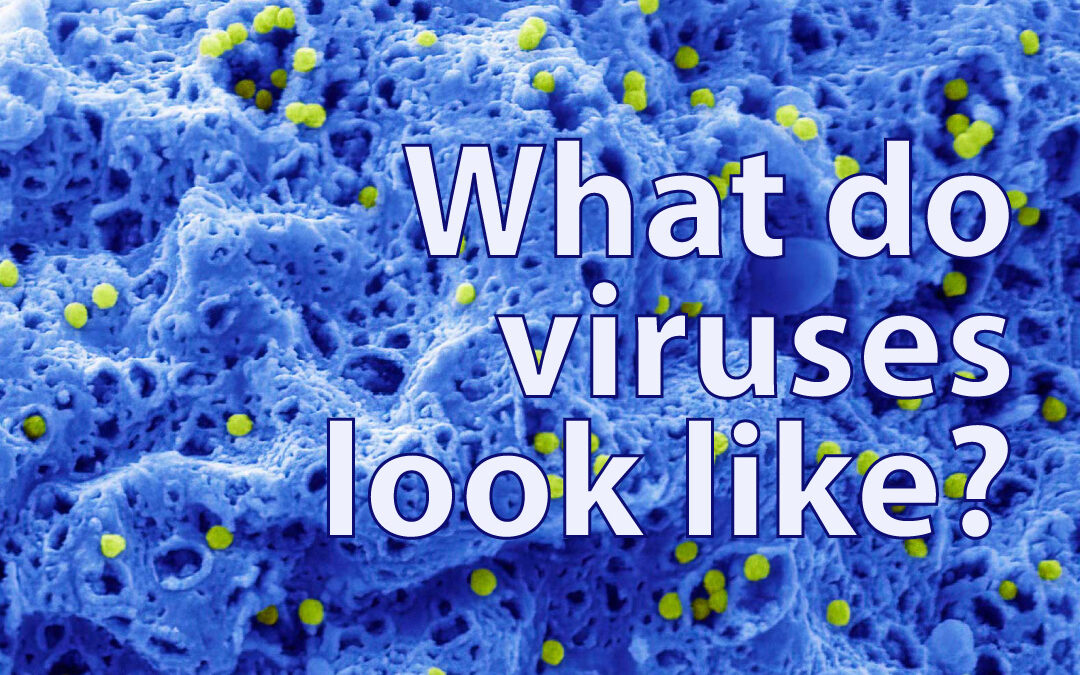

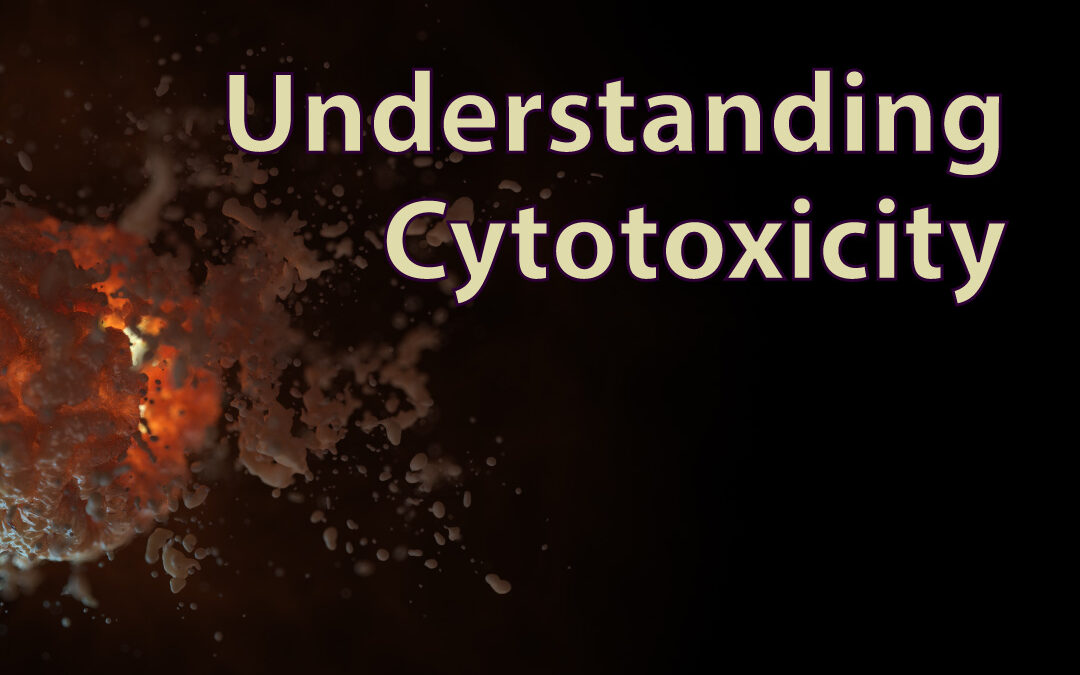
Understanding Cytotoxicity
What is a cytotoxicity assay? In the quest for healing, every drug has a shadow: the risk of collateral damage to healthy cells – cytotoxicity. Cytotoxicity assays play a crucial role in drug development, helping to find the right balance between effectiveness and...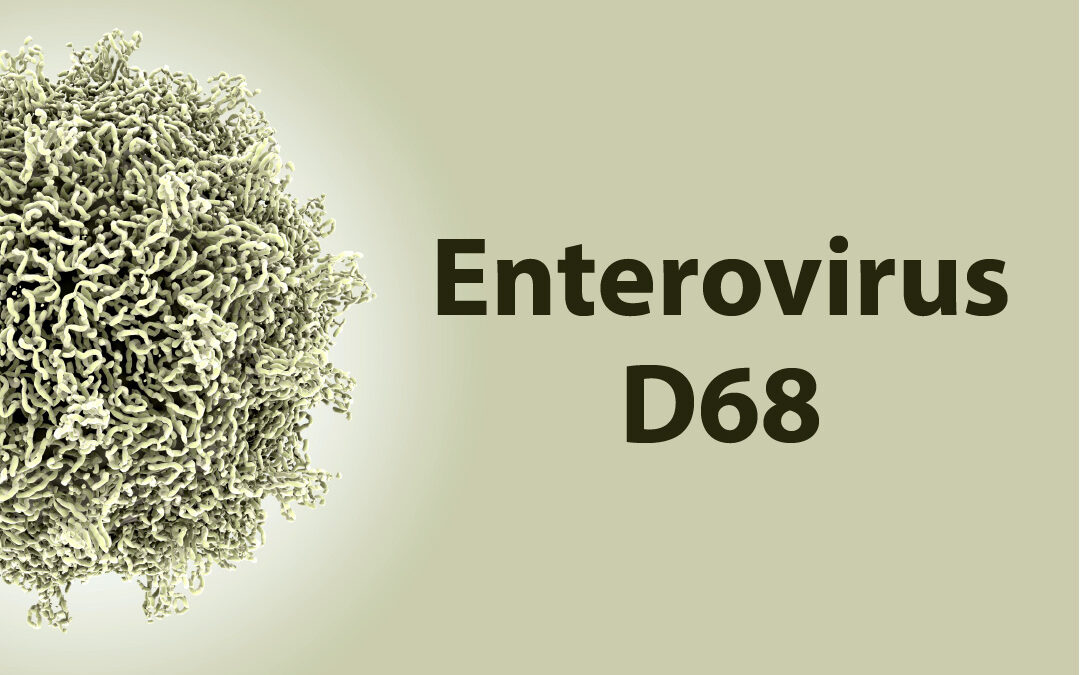
Enterovirus D68
What is Enterovirus D68? Picture this: It’s the 1940s, and virologists are intensely studying Poliovirus, a notorious virus that was causing a crippling disease called Polio; during its peak, paralyzing or killing over half a million people worldwide, especially...
Virology Research Services: 5 Years On
Forging our own path Just over 5 years ago, Virology Research Services (VRS) was born out of the need to do something different. Surely, this is the case for every new company – a new idea or the belief that something can be done better. And indeed, we did want to...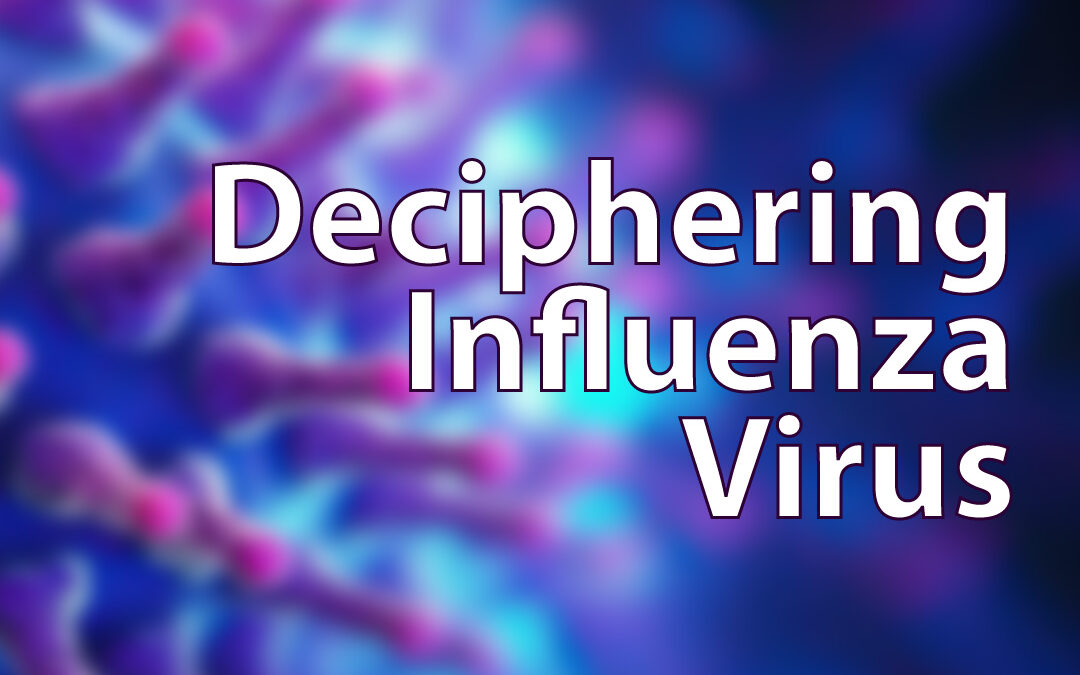
Deciphering Influenza Virus
Influenza: A familiar term, yet its complexity extends far beyond common winter ailments. Healthcare professionals, researchers, and those in pharmaceuticals should understand the nature of influenza virus. But what exactly is this virus that so often challenges...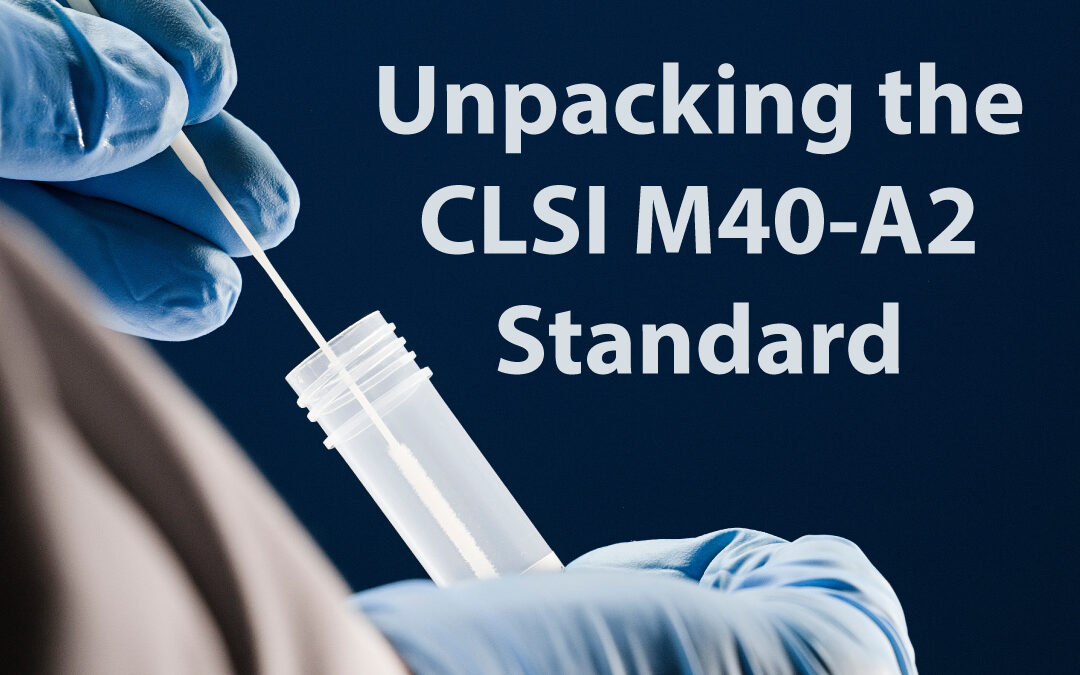
CLSI M40-A2 Standard
In the scientific and medical communities, the accuracy of specimen collection and transportation is crucial. For example, if the transport conditions are not adequately maintained, such as incorrect temperature or delays in transportation, it can cause degradation of...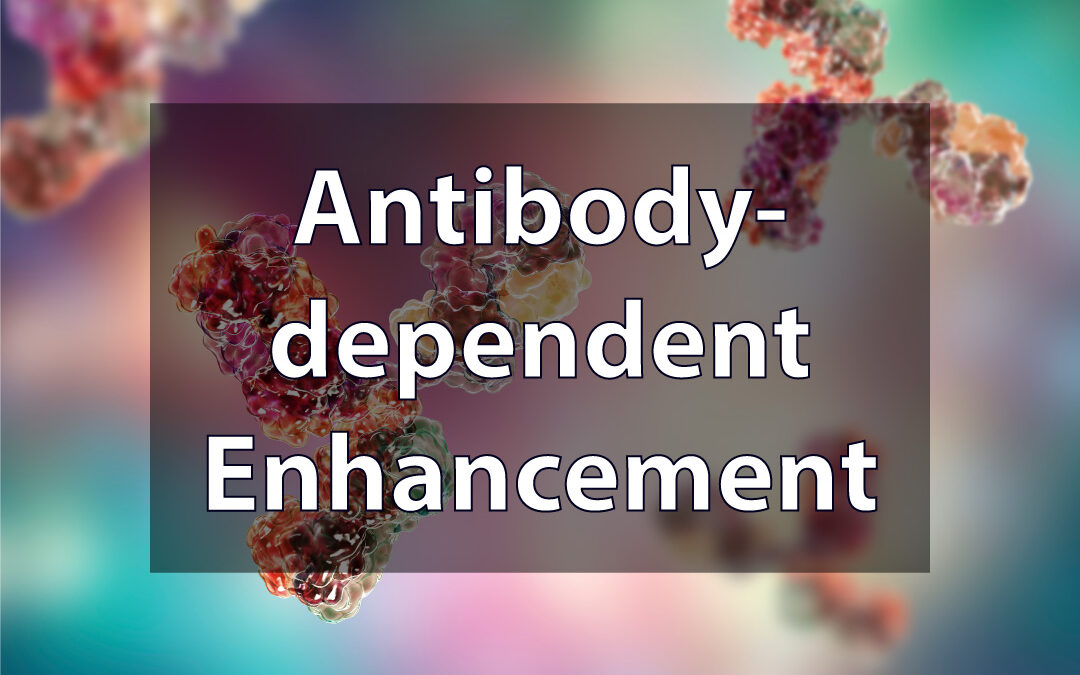
Antibody-dependent Enhancement
Our environments are bustling with pathogens, and we rely on our antibodies to fight off these invaders. But what if, under some particular sets of circumstances, our antibodies switched sides? Sometimes, our antibodies defect, helping (rather than hindering) those...
How our ISO 9001 Certification Improves Your Virology Research: VRS’s Journey to Quality Excellence
Introduction to ISO 9001 In the complex and critical field of virology research, the highest standards of quality are non-negotiable. That’s why Virology Research Services (VRS) is proud to announce our achievement of ISO 9001 certification, the gold standard of...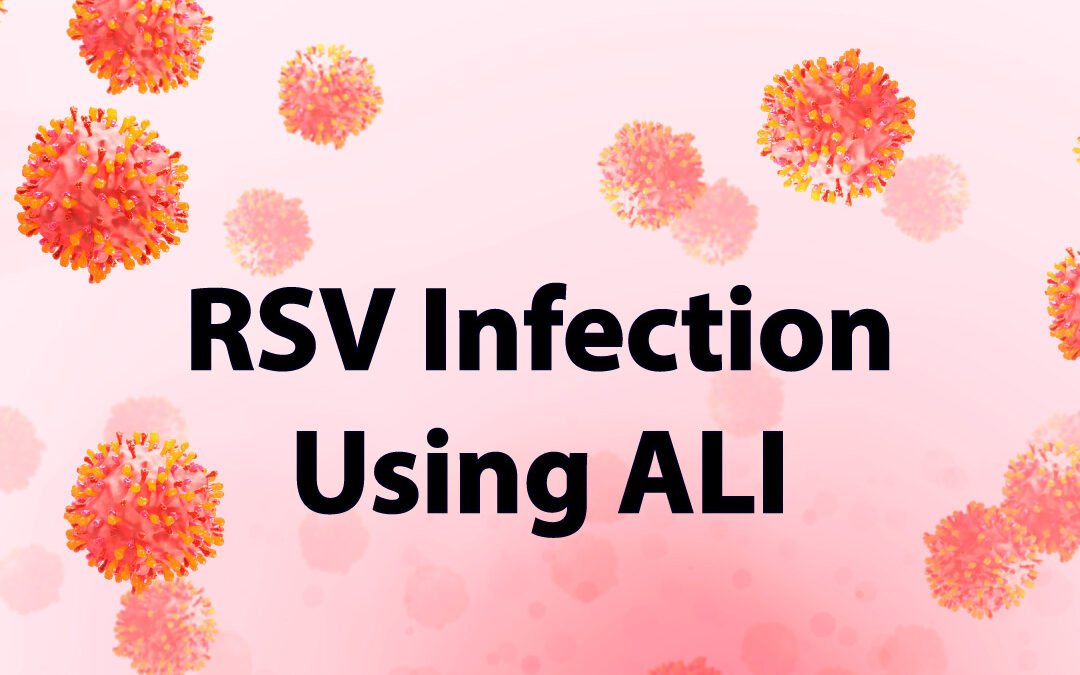
Studying RSV Infection Using the Air-Liquid Interface Model
When studying virus infection (or, in fact, any complex biological phenomenon), it is natural to wonder whether the cell system of choice adequately recapitulates the complexity of an organism. This is also true for respiratory infections, where not only the airway...
A Guide to UK Biosecurity and Biosafety Regulations
In our previous Biosafety blog, we discussed whether virus research can be considered safe (https://virologyresearchservices.com/2022/07/21/is-virus-research-safe/). In this post, we build on that by discussing the often confused topics of Biosafety and Biosecurity....
Air-liquid interface testing services
Welcome to our blog about air-liquid interface (ALI) testing services. As the demand for more effective and reliable preclinical models continues to grow, the use of ALI technology has become increasingly popular. At Virology Research Services, we provide ALI testing...
Understanding the HAI Assay
Navigating the intricacies of immunity against the influenza virus is no easy task, but the hemagglutination inhibition (HAI) assay has proven to be a powerful asset in this complex puzzle. As a vital tool in virology and immunology research, the HAI assay provides...
The Hemagglutination Assay
Every year, influenza wreaks havoc on our health, but have you ever wondered how scientists detect and measure the amount of flu virus in a sample? The answer lies in a unique property of a key viral protein and an assay called the hemagglutination assay....
How to test if a liquid is antiviral: Suspension test for virucidal activity
When to use a suspension test We perform suspension tests to test whether a liquid formulation is virucidal. And if so, the most important thing is that this test also tells us how strong the virucidal activity is. These tests are especially useful in making choices...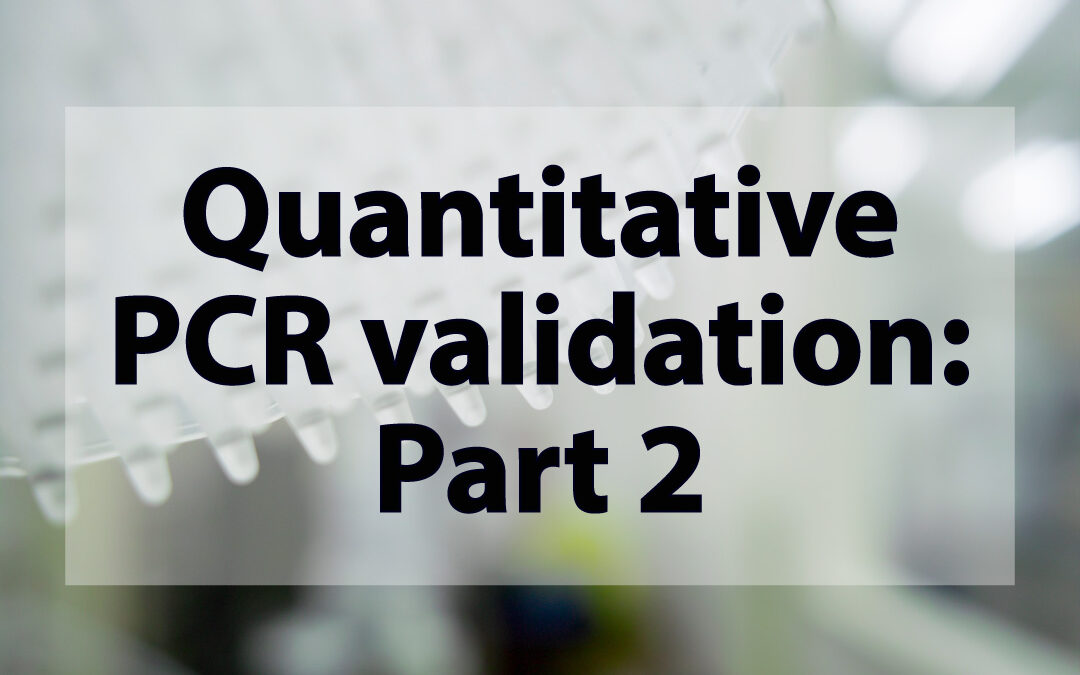
Quantitative PCR validation for research scientists: Part 2 of 2
A two-part primer in quantitative PCR validation This two-part article discusses the validation of quantitative PCR (qPCR) assays and why validation is essential for you as a research scientist to have confidence in your data. This discussion includes clear and...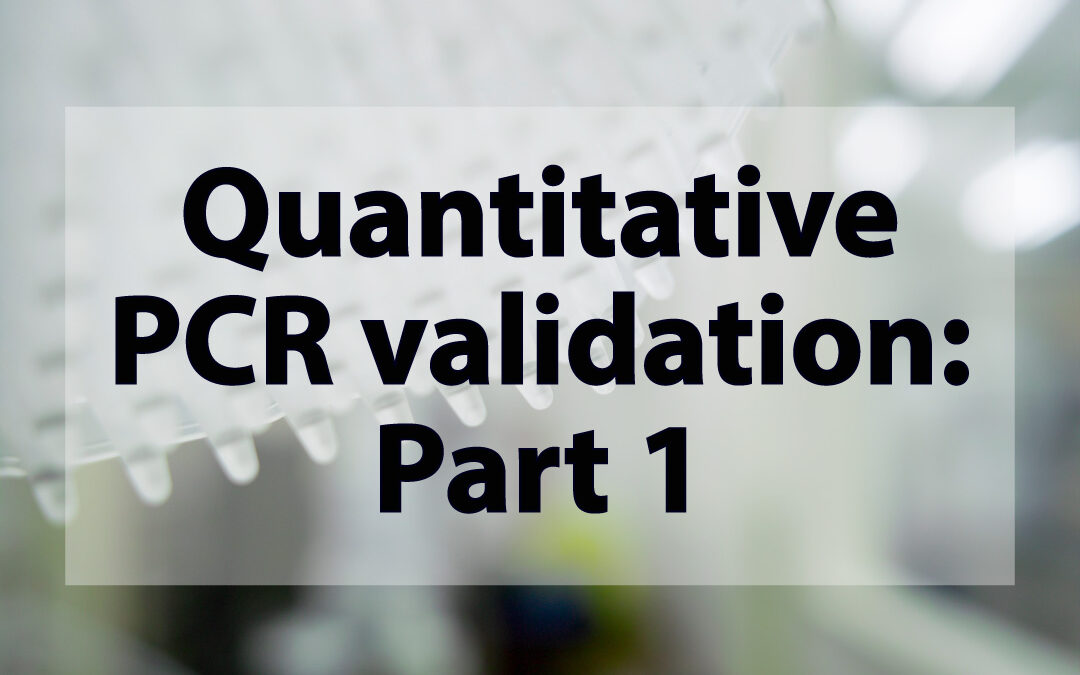
Quantitative PCR validation for research scientists: Part 1 of 2
A two-part primer in quantitative PCR validation If you’re a research scientist using quantitative PCR (qPCR), you must consider validation. Without validating your qPCR assay, you’ll never have confidence in your data. In this two-part article, we’ll discuss the most...
Resistance passaging
What is resistance passaging? Resistance passaging is a method researchers use to investigate how microbes evolve resistance to drugs. Why is resistance passaging useful? Drug resistance is when a microbe overcomes a drug’s ability to kill it or prevent its...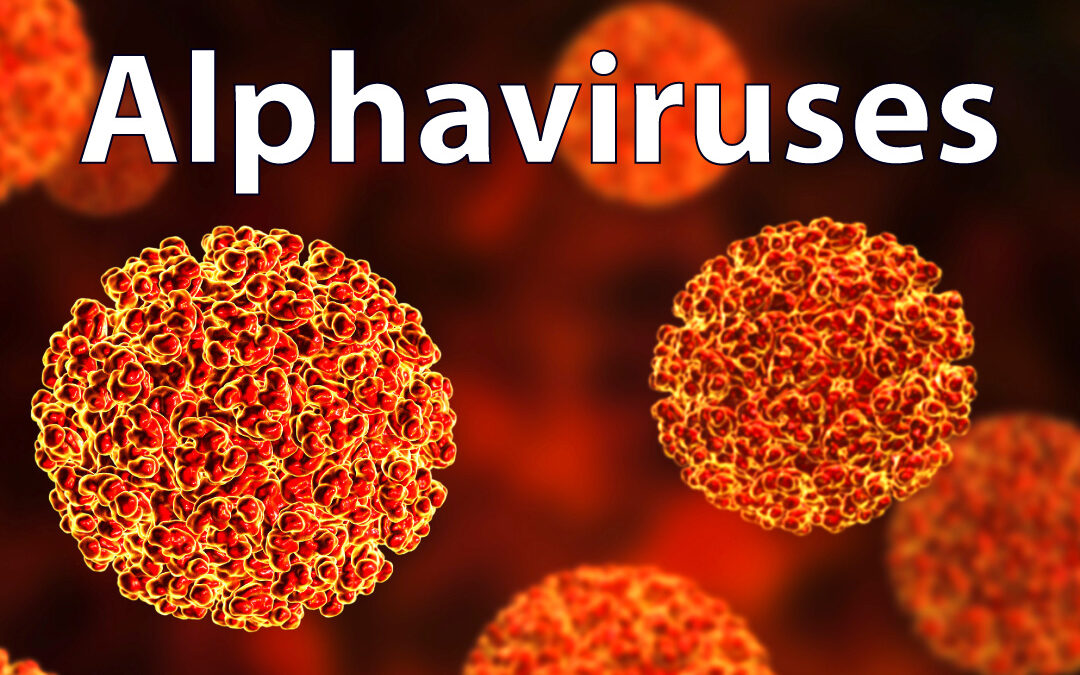
Alphaviruses
Over the past two years, we have all become accustomed to long COVID. This term encompasses the various long-term sequelae that might follow a SARS-CoV-2 infection. What is less known is that other non-chronic viruses can also cause long-term sequelae. Such...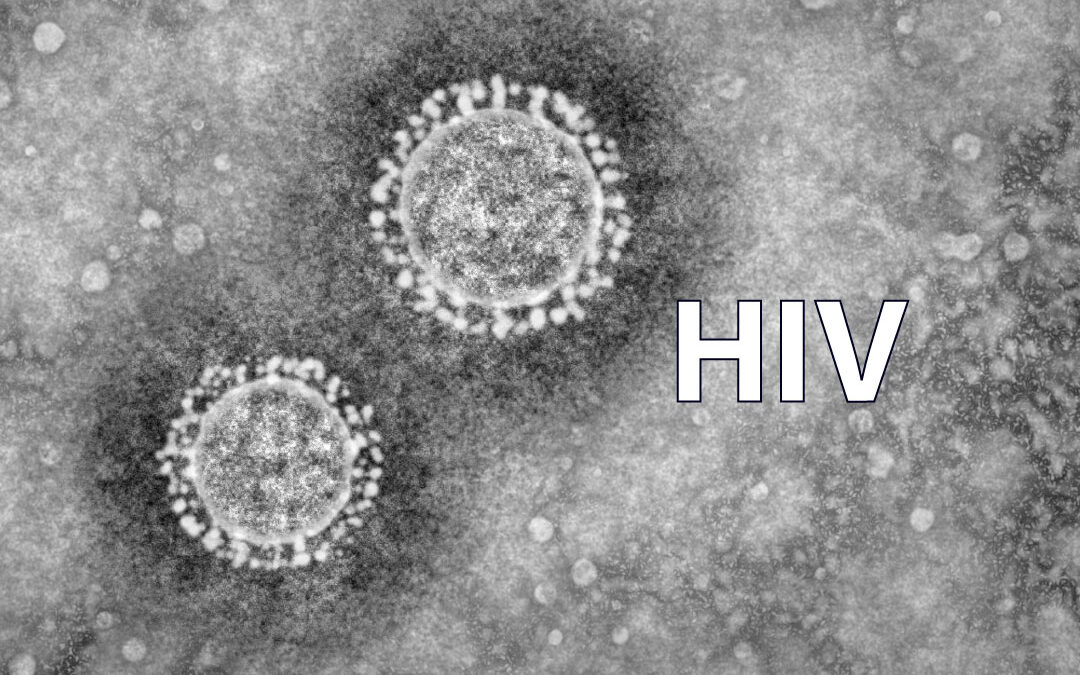
The virus of the month: HIV
Human immunodeficiency viruses (HIVs) result from cross-species transmissions of simian immunodeficiency viruses (SIVs) that infect African primates. One such event thought to have occurred just after the turn of the 20th century gave rise to the HIV-1 group M, which...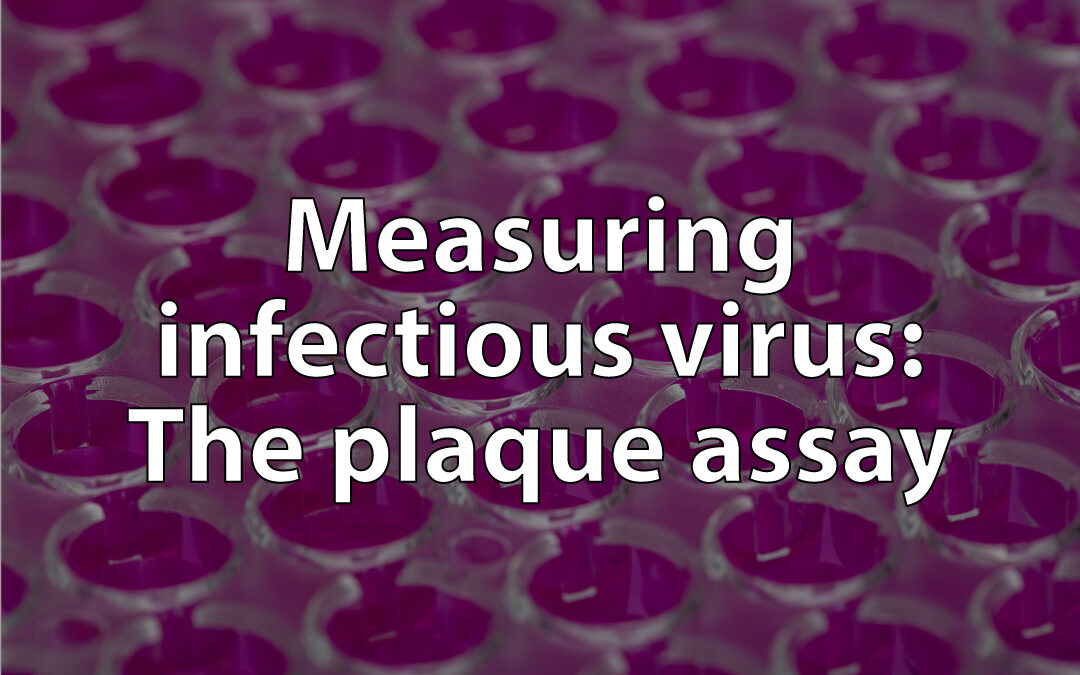
Measuring infectious virus: the plaque assay
The amount of virus contained in a sample is crucial information for anyone working with viruses. But how can you quantify viruses? One method is the plaque assay, which specifically measures infectious virus particles. The assay involves adding viruses to permissive...
Is Virus Research Safe?
In light of the ongoing SARS-CoV-2 pandemic, throughout the past 2 years, the question of whether virus research is safe has been widely discussed in the mainstream media, on social media, and indeed by the scientific community. Eminent scientists worldwide have...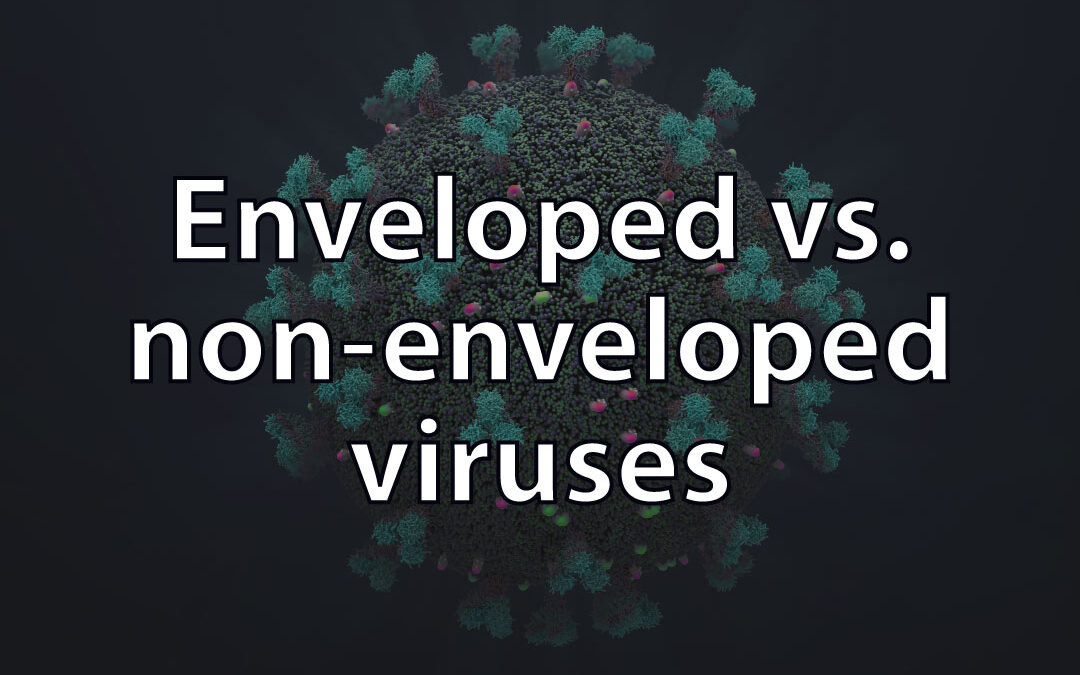
Enveloped vs. non-enveloped viruses
We’re often asked, what’s the differences between enveloped and non-enveloped viruses, or should I test my product or drug against an enveloped or non-enveloped virus. Here we give some background on these two classes of viruses. Almost 100 years studying virus...
How to test if a material is antiviral: ISO18184
Listen to this blog article: What is ISO18184, and what is it for? Suppose you’ve got a textile product and you’d like to know if it is antiviral. Then you need ISO18184. The ISO18184 test is a standardized experiment for testing the virucidal properties of...
Containment Level 2 and 3 Laboratories
Listen to this blog article: Biological Agent Hazard Groups We’re used to hearing about the American Biosafety Levels (BSL) system from movies, books, and of course, the media. Here in the UK, we use a different categorisation method, the Containment Level...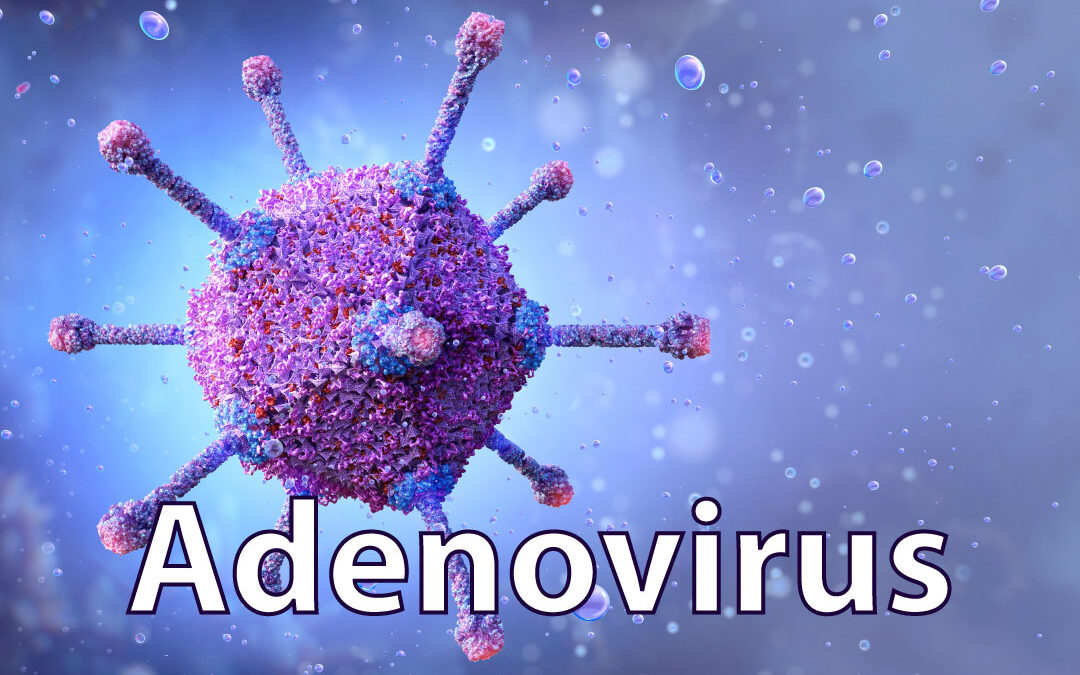
The virus of the month: Adenovirus
Listen to this blog article Adenovirus infections are normally mild, and no adenovirus has ever caused a distressing pandemic. So why are adenoviruses among the most important and thoroughly studied pathogens in human history? Read on to learn more about these...
SARS-CoV-2 variants: Alpha to Omicron and beyond
Listen to this blog article Suddenly everyone’s talking virus! Throughout this SARS-CoV-2 pandemic, we’ve all become much more aware of viruses, how they behave, and how our immune system responds. The terms ‘mutations’, ‘variants’, ‘antigens’, and ‘antibodies’...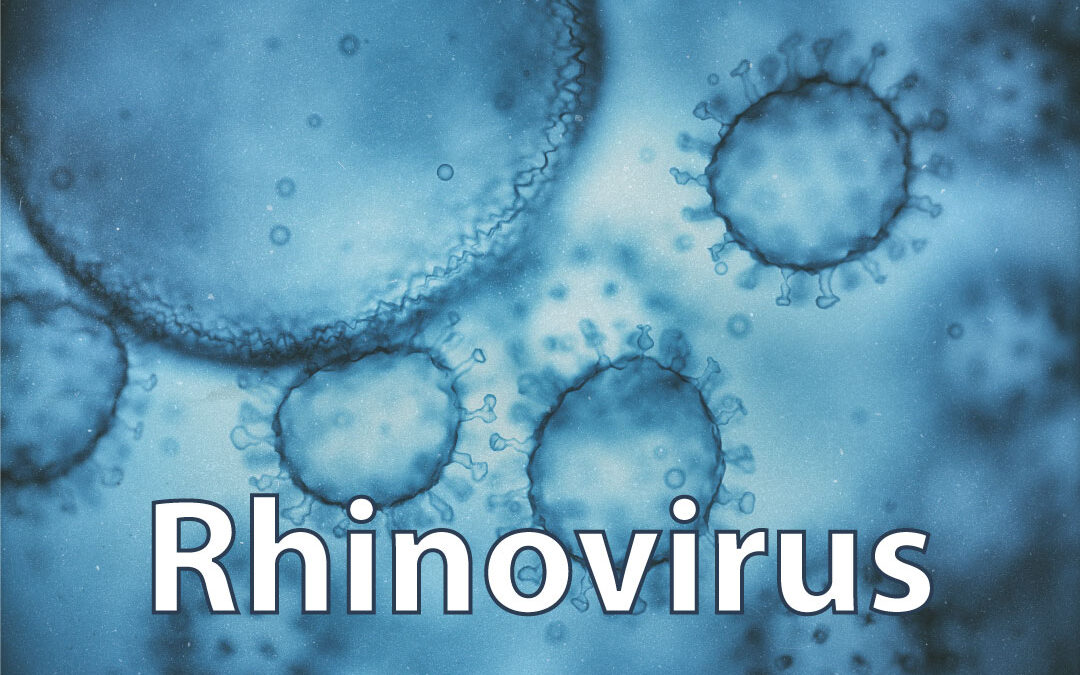
The virus of the month: Rhinovirus
Listen to this blog article Globally, Human Rhinovirus (HRV) infections are the main cause of what we refer to as the common cold. HRV infections make up around one-half to two-thirds of common colds and are mostly seasonal, with infections peaking during the...
The virus of the month: Vaccinia virus
Listen to this blog article Smallpox virus (variola virus) is among the world’s most infamous viruses. At school, we all learn how the deadly smallpox virus was eliminated through vaccination. If you’d forgotten that particular biology lesson, perhaps you’ve seen Bill...
How to test if a material is antiviral: ISO21702
Contaminated surfaces and materials can be an important route for virus spread. During the COVID-19 pandemic, we’ve become accustomed to regularly wiping down any regularly touched surface. There is also growing demand for next-generation antiviral surfaces able to...
Anti-bacterial but not antiviral? Anti-bacterial agents don’t always work against viruses
Viruses can spread via surfaces The current coronavirus pandemic has caused an increased demand for anti-microbial treatments that can keep surfaces clean, not only in health care settings but also in our homes and public spaces. The role that surfaces play in the...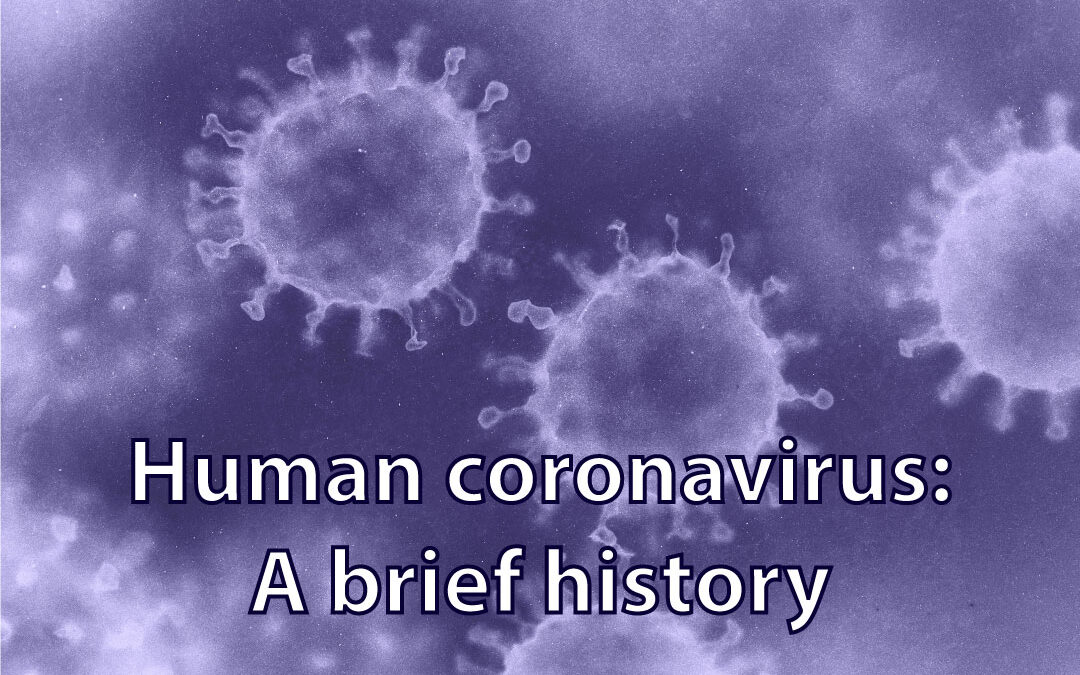
Human coronaviruses: A brief history to understand the present
“If you know the enemy and know yourself, you need not fear the result of a hundred battles.” (Sun Tzu, The Art of War) Did you know there are seven human coronaviruses? Humans Coronaviruses discovered in the 1960s Human coronaviruses (CoVs) were unknown to science...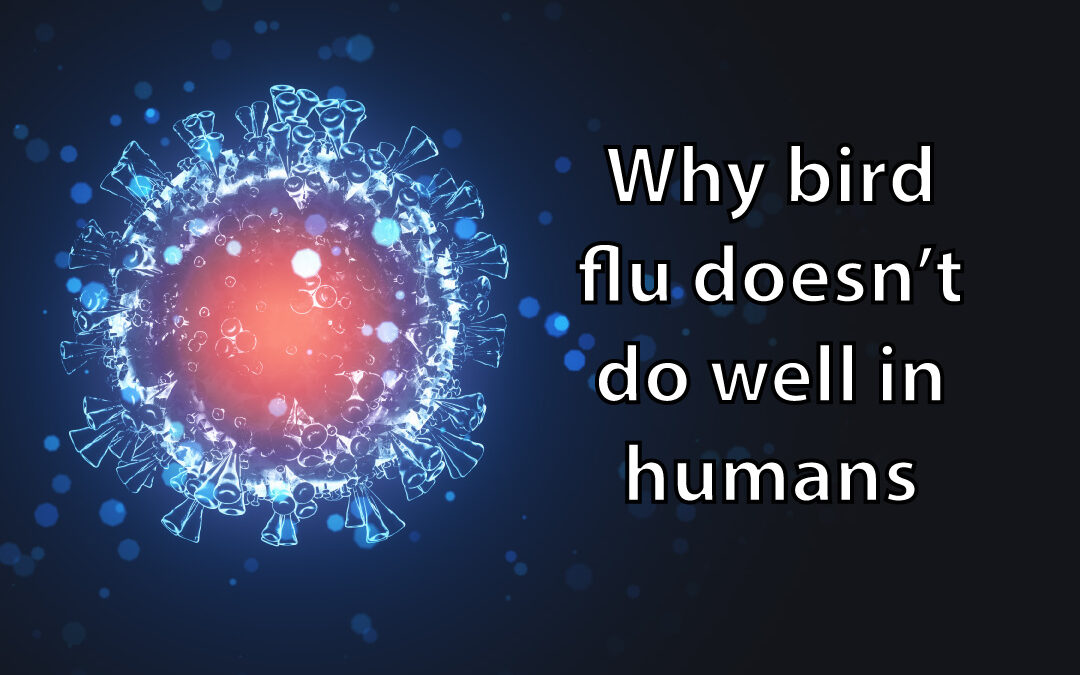
Why bird flu doesn’t do well in humans
Influenza A viruses are a common concern among many animal species, including birds, horses, pigs, and humans and the effects can range from asymptomatic to severe respiratory injury leading to death. The low fidelity of the genome-replication machinery – together...
Evolve or get zapped
In a 2017 Nature publication (Takata et al.), a team of virologists led by Professor Paul D. Bieniasz (The Rockefeller University) found that zinc-finger antiviral protein (ZAP) discriminates self from nonself (viral) RNAs based on their CG dinucleotide content. Now,...
Gut bacteria prevent and cure rotavirus infection
We all know by now how the microbiota can positively or negatively influence the course of a wide range of bacterial infections. However, maybe less predictably, the microbiota can also influence viral infection. A recent study has serendipitously found that the...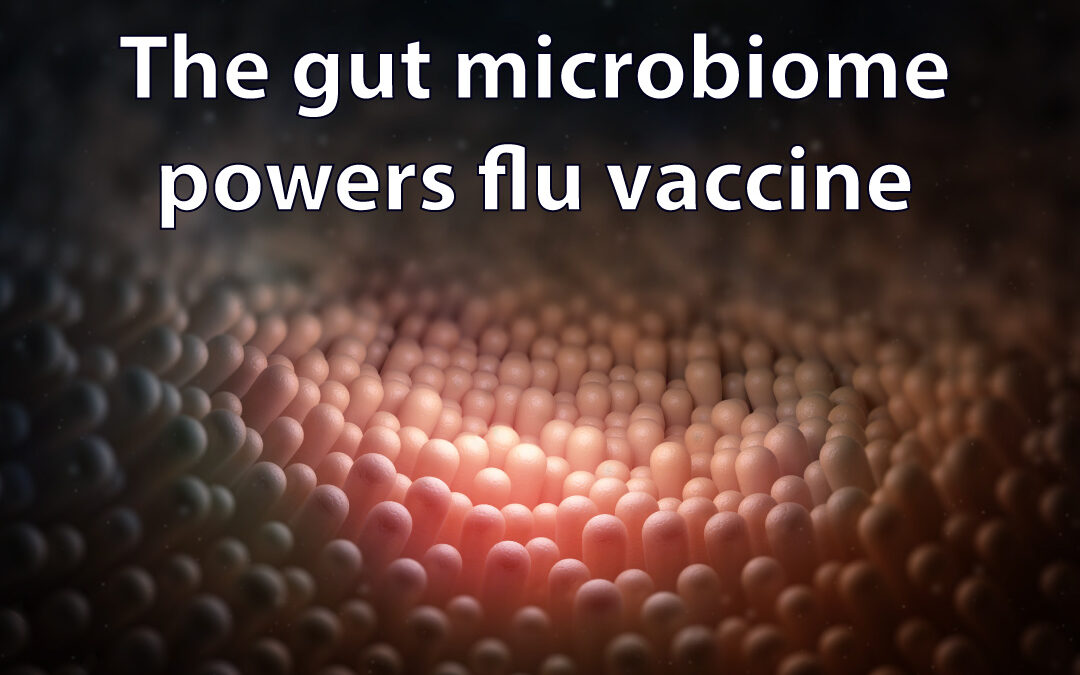
Gut microbiome powers flu vaccination
Our gut talks the language of our immune system, playing a key role in the complex mechanisms of immunoregulation. If antibiotics are essential to kill pathogenic bacteria, it is also true that they change the composition and metabolism of the gut microbiome, the...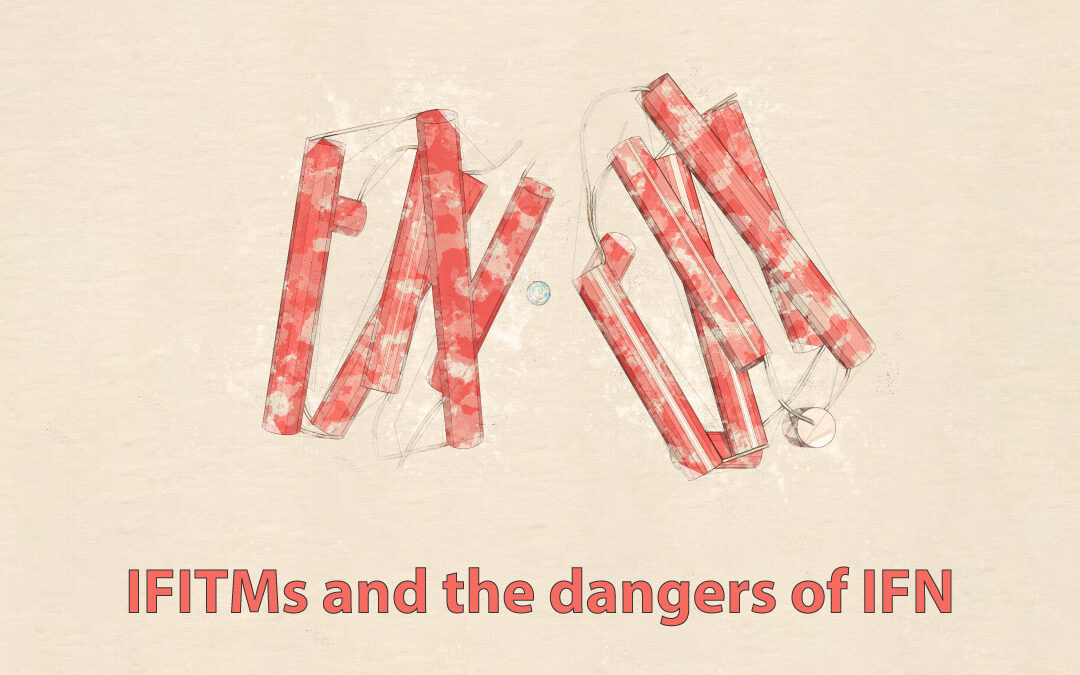
IFITMs and the dangers of IFN
Our cells use a wide variety of mechanisms to prevent virus infection. These mechanisms are usually mediated by proteins that are upregulated upon induction of interferon. Among these interferon-stimulated effectors, the IFITM (interferon-induced transmembrane)...
What determines susceptibility to virus infection?
We all have different susceptibility Individuals differ in their susceptibility to viral infections, and the clinical course of any patient infected with a virulent virus is ultimately determined by the complex patient-virus interaction. And this makes perfect sense....
The Mysterious Origin of Viruses
Viruses: Evolution’s cheaters Viruses can be considered genetic parasites that hijack the resources of their cellular hosts. They are evolution’s cheaters. And they are doing well with this strategy: viruses parasitize all forms of cellular life and are the most...
Hold tight and fire: plasmacytoid dendritic cells in action
Immunity vs. viruses In our evolutionary arm race against invading viruses, our body has evolved multiple defensive mechanisms. Together with anti-viral, cell-intrinsic innate response mechanisms, alternative or indirect pathogen-sensing pathways are also employed in...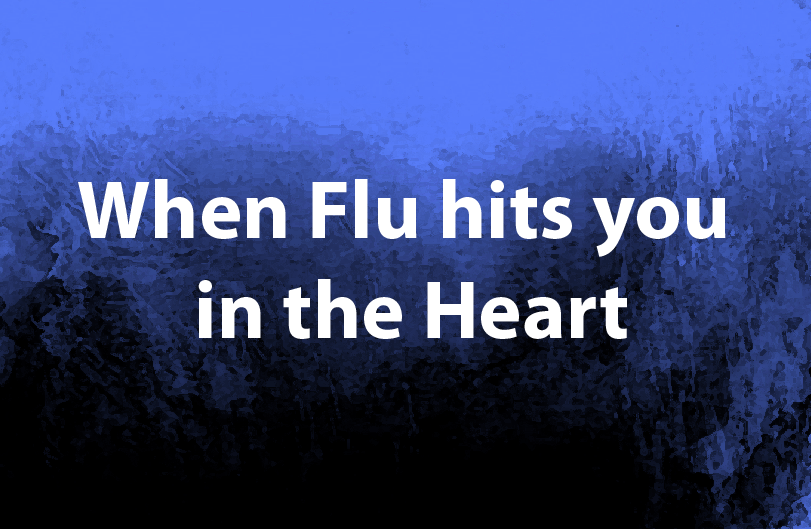
When Flu hits you in the Heart
Why you’re at increased risk of heart attack when you have the flu The spike in deaths from cardiovascular disease during influenza epidemics was first recognized early in the 20th century, but the specific association of influenza with myocardial infarction was not...
Timeless TCID50: One solution to many viruses
This month we cover an old classic, the Tissue Culture Infectious Dose 50 assay, or TCID50. The TCID50 assay is used to quantify viral titres by determining the concentration at which 50% of the infected cells display cytopathic effect (CPE). As long as the virus of...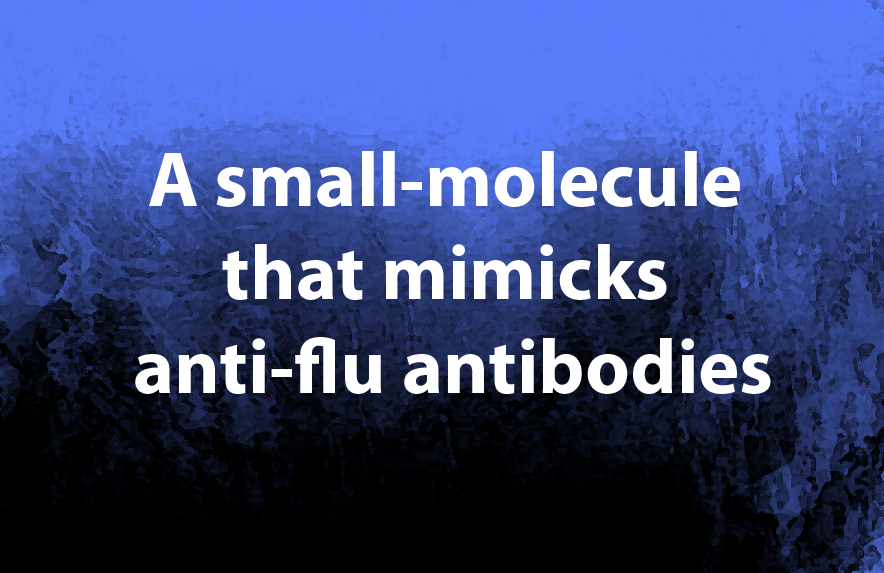
A small-molecule that mimicks anti-flu antibodies
A small-molecule that mimicks anti-flu antibodies Flu is a serious health problem: what are we doing about it? Flu makes millions of people ill and kills hundreds of thousands every year. At the moment, seasonal flu vaccines are the best available defence against...Page 1 of 1
